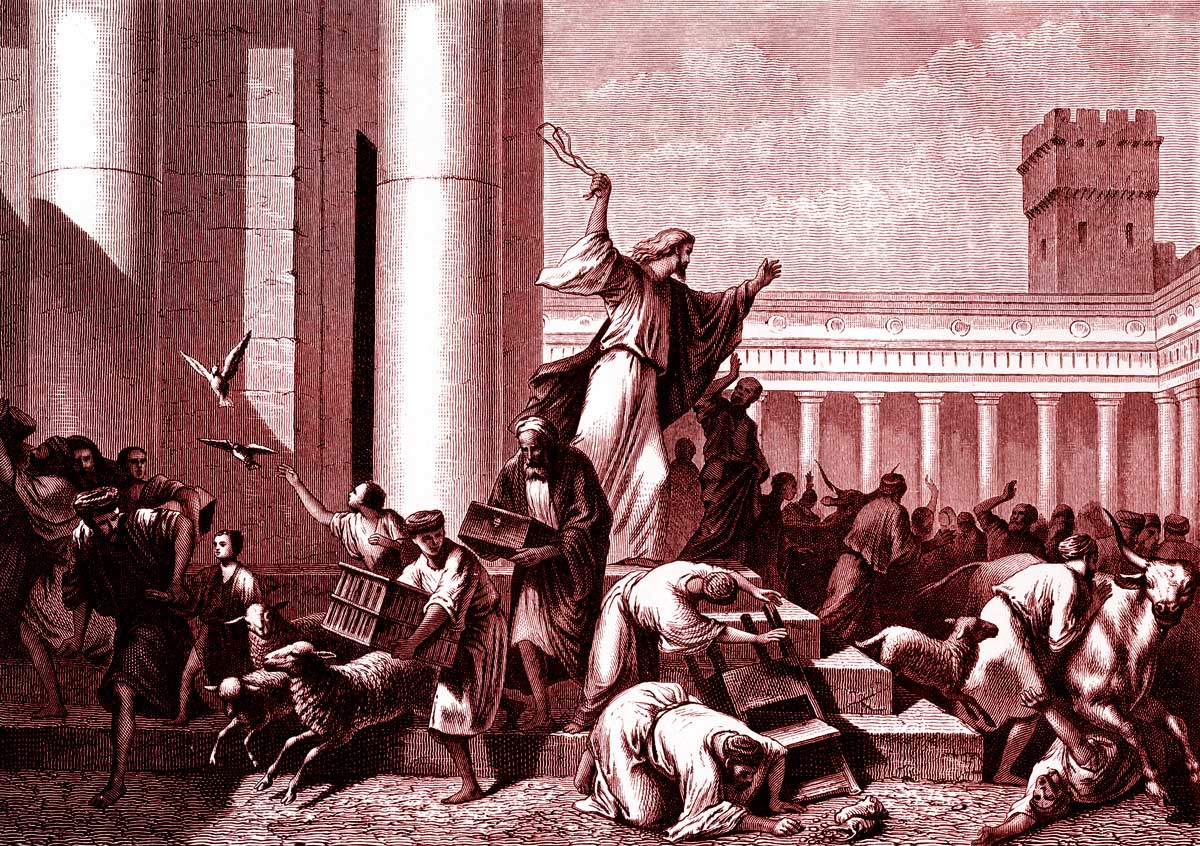Mere Christianity Today
As editors of “a journal of mere Christianity,” we are often asked what we mean by “mere Christianity.” We got this phrase, of course, from C. S. Lewis, who picked it up from the Anglican divine Richard Baxter (d. 1691). Another way of saying “mere Christianity” is “what has been believed everywhere, always, and by all,” to use the words of St. Vincent of Lerins (d. 445).
We have always maintained, as did Lewis, that this is not a lowest-common-denominator approach. It is not a political construct, listing everything everyone believes and choosing just those still agreed upon. Mere Christianity is not in flux from one generation to the next or from place to place, the denominator changing every time a doctrine is questioned and therefore insisting upon it considered “divisive.”
There are clear dividing lines that separate mere Christians from those who have lost their “salt” by having either unwittingly traveled or actively paved the road to apostasy.
The Christian’s Lord
It is imperative that these lines be marked and noted and that they be upheld on peril of our souls and defended unto death should it come to that. These are some of the features of “mere Christianity”:
• The mere Christian acknowledges that “Jesus is Lord,” and means that Jesus of Nazareth, the Son of man of the four canonical gospels, and no one else, is Kyrios—his Lord and his God.
• In saying Jesus is “Lord,” the mere Christian means that “all authority in heaven and on earth has been given” to Jesus Christ. By saying “all” he means all.
• The mere Christian confesses Jesus as both Lord and Christ because God the Father raised him from the dead—yes, the body was raised—after his suffering and death on the cross for our sins, in fulfillment of the Scriptures.
• The mere Christian knows God as “Father” and calls him so, because this is what Christ our Lord has taught us; it is also the utterance given to him by the Holy Spirit, to cry out “Abba, Father.”
• The mere Christian believes that Christ has charged all who call him Lord to make disciples of all nations, first, by baptizing them and, second, by teaching them to observe all that he has commanded.
• The mere Christian knows that, as the sovereign and divine Lord to whom all obedience is due, Jesus Christ provided for the transmission of his commandments, which are to be obeyed.
James M. Kushiner is the Director of Publications for The Fellowship of St. James and the former Executive Editor of Touchstone.
subscription options
Order
Print/Online Subscription

Get six issues (one year) of Touchstone PLUS full online access including pdf downloads for only $39.95. That's only $3.34 per month!
Order
Online Only
Subscription

Get a one-year full-access subscription to the Touchstone online archives for only $19.95. That's only $1.66 per month!
bulk subscriptions
Order Touchstone subscriptions in bulk and save $10 per sub! Each subscription includes 6 issues of Touchstone plus full online access to touchstonemag.com—including archives, videos, and pdf downloads of recent issues for only $29.95 each! Great for churches or study groups.
Transactions will be processed on a secure server.
more from the online archives
calling all readers
Please Donate
"There are magazines worth reading but few worth saving . . . Touchstone is just such a magazine."
—Alice von Hildebrand
"Here we do not concede one square millimeter of territory to falsehood, folly, contemporary sentimentality, or fashion. We speak the truth, and let God be our judge. . . . Touchstone is the one committedly Christian conservative journal."
—Anthony Esolen, Touchstone senior editor









